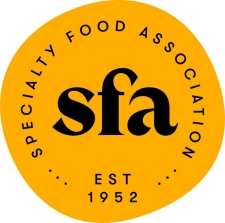In 2022 we made the decision to diversify our sourcing for decaffeinated coffee. Rising costs and and inconsistency in freight channels meant that our source for Swiss Water Process decaffeinated coffee was increasingly unreliable due to the amount of transport required to get it to our roasting facility.
Like many roasters, we began sourcing what is commonly referred to as “Sugar Cane Process” decaf because it is much more readily available, and tends to produce a much more complex cup of coffee more similar in profile to our caffeinated offerings.
We’ve had several customers ask about the change, so we wanted to provide a little bit more information on the process. The process is also known as Ethyl Acetate (E.A.) decaffeination. Ethyl Acetate is a naturally occurring ester present in a number of fruits as well as during the fermentation stage of processing sugar cane into granulated sugar. This natural ester acts as a solvent that bonds naturally to caffeine molecules, so coffee seeds are steamed and soaked in a solution of water and ethyl acetate until no caffeine is detectable, then the coffee seeds are rinsed until there are no remaining traces of ethyl acetate and dried to prepare for export.
Because the E.A. process can be done in the country of origin, E.A. decaf supply is not as dramatically impacted by disruptions in shipping lane traffic or increases in freight costs. We are able to source a great tasting coffee at a stable price with a low chance of supply chain disruption.













